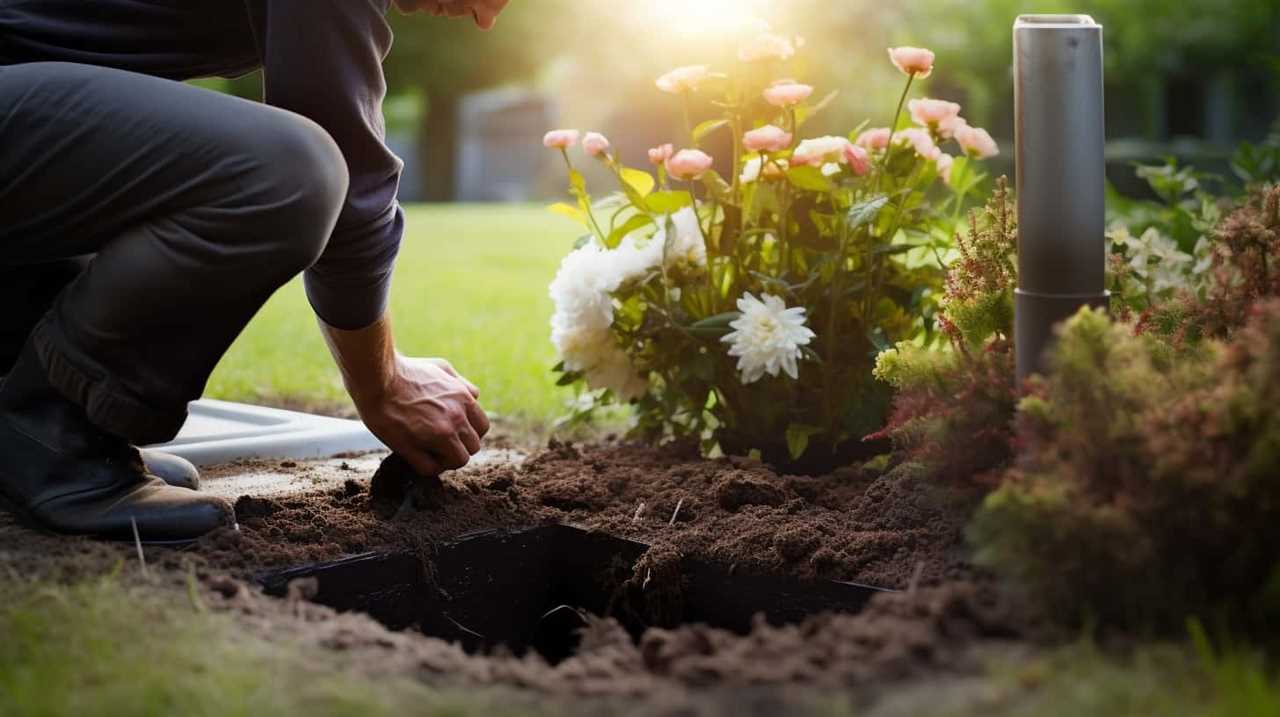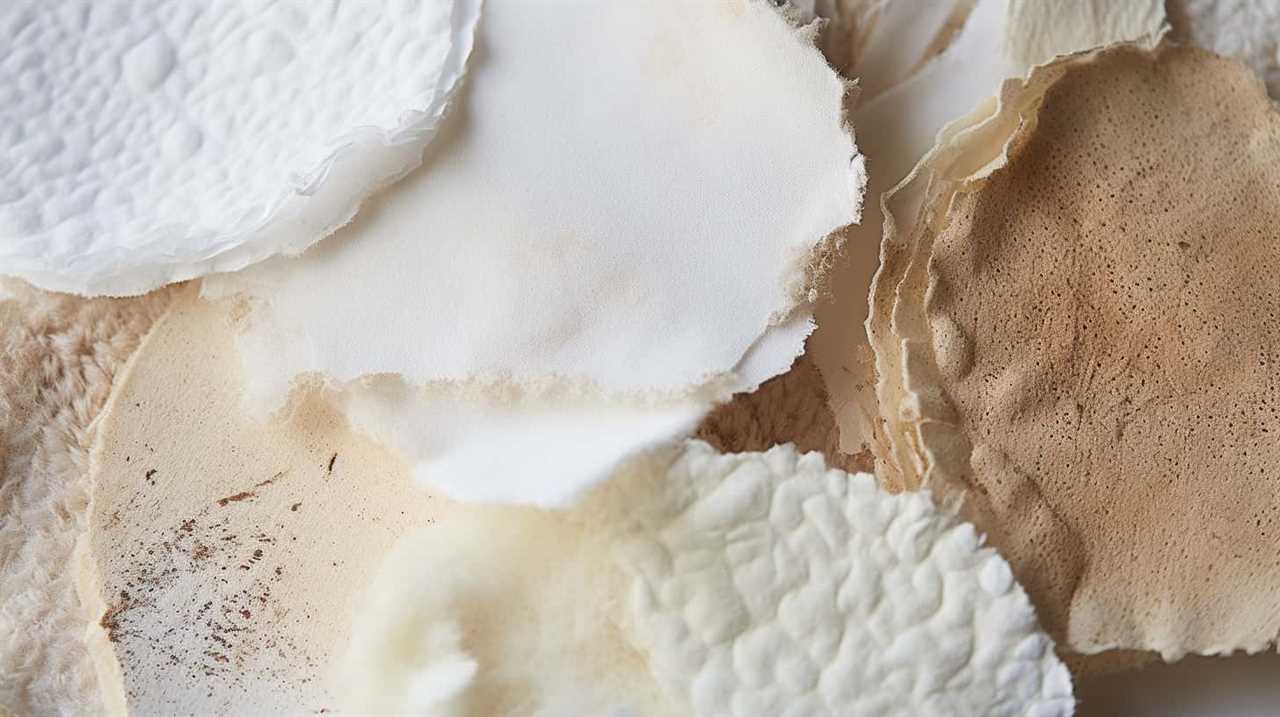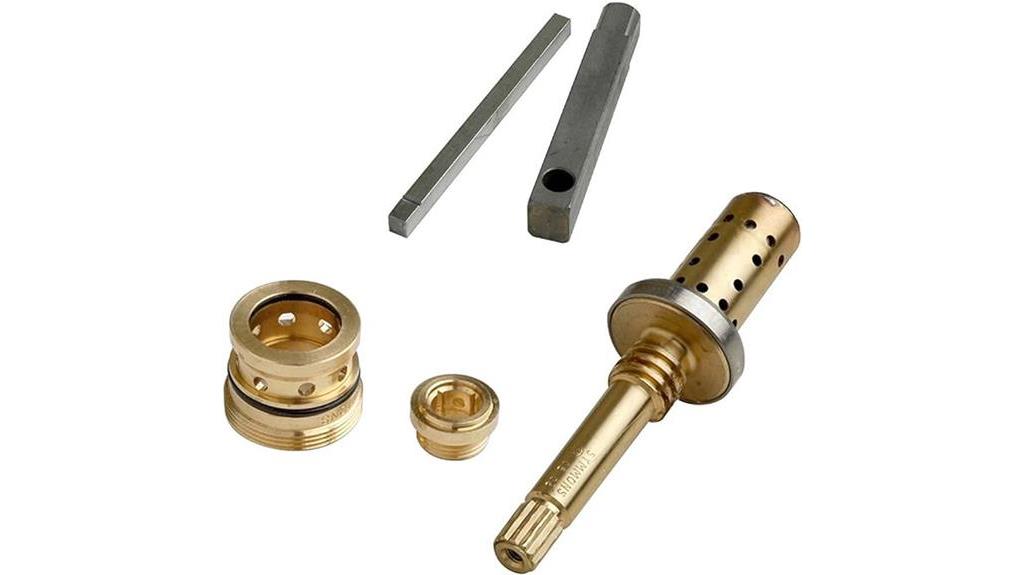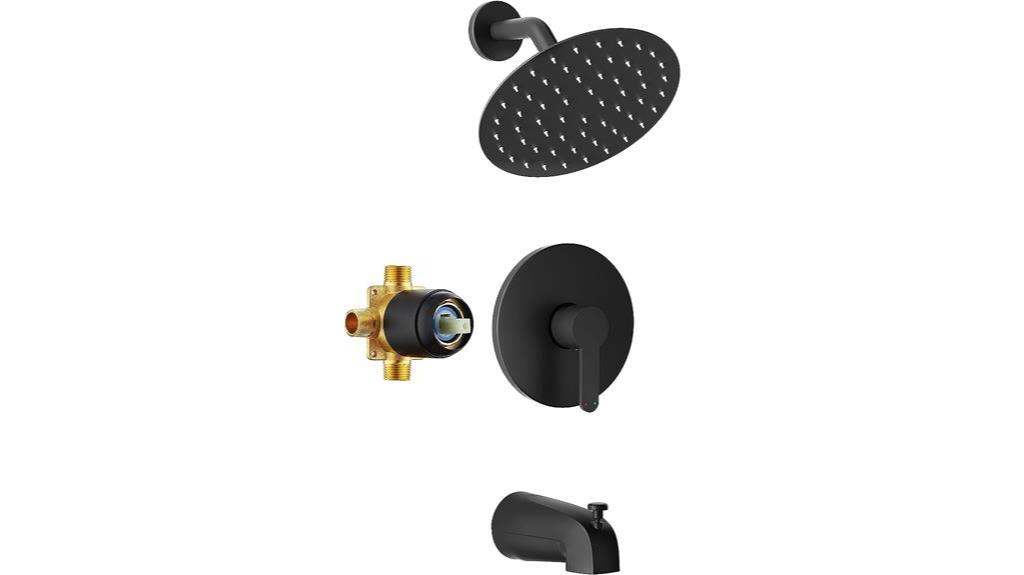The potential benefits and drawbacks of burying dog poop in the backyard
Have you ever wondered if it’s alright to bury dog poop in your backyard? Well, we’ve got the scoop for you!
In this article, we’ll explore the environmental impact, health risks, and considerations for backyard soil quality when it comes to burying dog waste.
We’ll also discuss alternative methods for disposing of dog poop and the legal regulations and guidelines you need to know.

So, let’s dig in and uncover the truth about burying dog poop in your backyard!
Key Takeaways
- Burying dog poop can lead to soil contamination and hinder nutrient recycling.
- Dog feces contain harmful pathogens and bacteria that can pose health risks.
- Consider alternative methods such as composting or using flushable dog waste bags to minimize environmental impact.
- Awareness of local laws and regulations is important for responsible dog waste management.
Environmental Impact of Burying Dog Poop
Burying dog poop in your backyard can have significant environmental consequences. When dog waste is buried, it can lead to soil contamination, impacting the quality and health of the surrounding environment. This occurs because dog feces contain harmful pathogens and bacteria that can seep into the soil and contaminate groundwater, potentially affecting nearby vegetation and wildlife.
Additionally, burying dog poop inhibits the natural process of nutrient recycling. Dog waste is rich in nutrients like nitrogen and phosphorus, which, when properly managed, can contribute to the health of soil and plants. However, when buried, these nutrients aren’t effectively recycled, leading to imbalances in the ecosystem.
Therefore, it’s important to consider alternative methods of disposal that minimize soil contamination and maximize nutrient recycling.

Transitioning to the subsequent section, we’ll now explore the health risks associated with burying dog poop.
Health Risks Associated With Burying Dog Poop
As we delve into the question of whether it’s okay to bury dog poop in your backyard, it’s crucial to address the potential health risks associated with this practice.
When dog poop is buried in the backyard, there’s a risk of bacterial contamination. Dog feces can contain harmful bacteria such as E. coli and Salmonella, which can pose a threat to human health if not properly handled.
These bacteria can survive in the soil for extended periods and may contaminate nearby surfaces or water sources, leading to potential groundwater pollution.

It’s important to consider the potential health risks before deciding to bury dog poop in your backyard.
In the next section, we’ll discuss considerations for backyard soil quality and how it can be affected by burying dog poop.
Considerations for Backyard Soil Quality
When burying dog poop in your backyard, it is important for us to consider the impact it can have on the quality of our soil. The composition of soil plays a crucial role in determining its ability to support plant growth and nutrient absorption. Different types of soil have varying levels of organic matter, minerals, and microbial activity, which all contribute to its overall health.
To better understand the effect of burying dog poop, let’s examine how it can influence soil composition and nutrient absorption:

| Soil Composition | Nutrient Absorption |
|---|---|
| Organic matter | Microbial activity |
| Minerals | Plant root health |
| pH levels | Nutrient availability |
Dog poop contains organic matter and nutrients that can enrich the soil, but it can also introduce harmful bacteria and pathogens. Therefore, it is crucial to bury dog poop properly, allowing it to decompose over time and minimize any negative impact on soil quality. By considering these factors, we can ensure a healthy and fertile backyard soil for optimal plant growth.
Alternative Methods for Disposing of Dog Poop
One option for disposing of dog poop in your backyard is composting. Composting is the process of breaking down organic materials, such as dog waste, into nutrient-rich soil. This method not only helps to reduce waste but also provides a valuable resource for your garden.
Here are three composting options to consider:
- Backyard compost bin: Purchase a compost bin specifically designed for dog waste. These bins allow for proper aeration and decomposition of the waste, minimizing odors.
- Vermicomposting: Use worms to break down the dog waste. Red worms, in particular, are efficient in converting waste into nutrient-rich vermicompost.
- Flushable dog waste bags: Some companies offer flushable dog waste bags that can be safely flushed down the toilet. These bags are designed to break down in water, minimizing the environmental impact.
Remember to follow local regulations and guidelines when choosing a composting method.

Legal Regulations and Guidelines for Dog Waste Management
To properly manage dog waste in your backyard, it’s important to be aware of the legal regulations and guidelines surrounding its disposal. Dog waste disposal methods and the responsibilities of dog owners vary depending on local laws and regulations.
In many areas, it’s required by law to pick up and properly dispose of dog waste, whether it’s in your backyard or in public areas. Some municipalities provide specific guidelines for dog waste management, such as using biodegradable bags and designated waste bins. Failure to comply with these regulations can result in fines or other penalties.
It’s crucial for dog owners to familiarize themselves with the specific regulations in their area to ensure they’re responsibly managing their dog’s waste. By following the legal requirements, dog owners can contribute to a cleaner and healthier environment for everyone.
Frequently Asked Questions
How Often Should I Bury Dog Poop in My Backyard?
We bury dog poop in our backyard as often as needed to prevent odor and contamination. However, composting dog waste has benefits such as nutrient-rich fertilizer. Alternatives to burying include using biodegradable bags or pet waste disposal systems.

Can I Use a Regular Shovel to Bury Dog Poop in My Backyard?
Sure, we can use a different tool like a spade or trowel to bury dog poop in our backyard. It has benefits like fertilizing the soil, but drawbacks include potential contamination.
What Are the Potential Risks of Burying Dog Poop in My Backyard?
Burying dog poop in your backyard can pose potential health hazards and have an environmental impact. It is important to properly dispose of dog waste to prevent contamination of soil and water sources.
Are There Any Specific Guidelines for Burying Dog Poop in Different Types of Soil?
There are specific guidelines for burying dog poop in different types of soil. It is important to consider factors like soil composition, drainage, and local regulations to ensure proper disposal and minimize environmental impacts.
Can Burying Dog Poop in My Backyard Attract Pests or Insects?
Burying dog poop in your backyard can attract pests and insects due to the odors it emits. This can have a negative environmental impact by disrupting the natural balance and potentially spreading diseases.

Conclusion
In conclusion, burying dog poop in your backyard may seem like a convenient solution, but it can have negative environmental impacts and pose health risks.
Considering the potential contamination of soil and groundwater, it’s best to explore alternative methods for disposing of dog waste.
Additionally, familiarizing oneself with legal regulations and guidelines for dog waste management is essential.
Remember, maintaining a clean and safe environment for everyone, including our furry friends, is the paw-sitively responsible thing to do!










